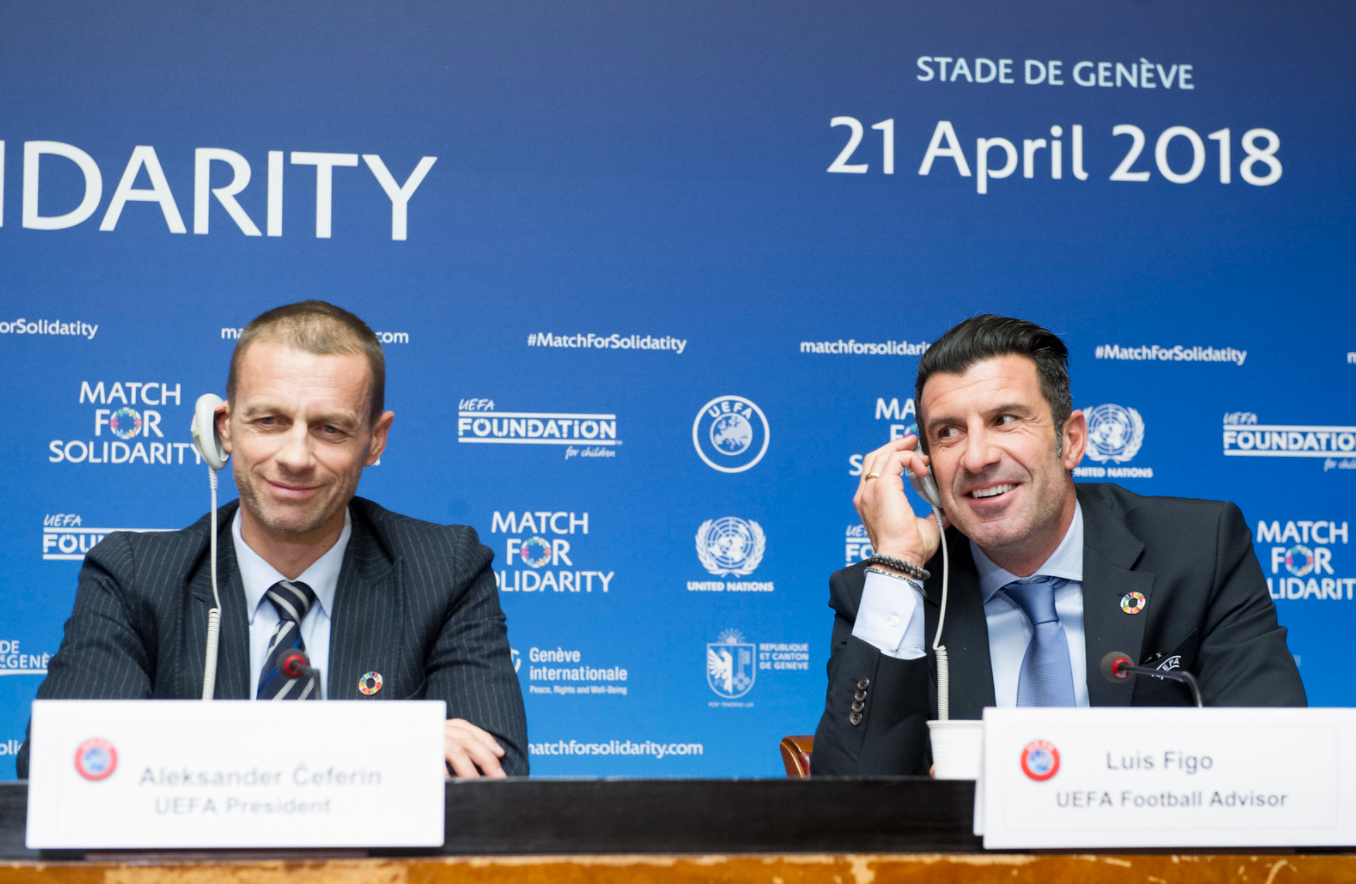Kyle Walker stepped up for media duties before Man City’s Champions League match against Brugges. An awkward question was put to him:
“Just wondering what the competition is like for you going up against Bernard Mendy for the right-back spot, and does Bernard push you all the way? I hear he’s a character as well?”
Benjamin Mendy has recently been suspended from Manchester City’s squad on allegations made against him regarding rape and sexual assault. In fact, he is currently in prison, with a trial to be held next year.
As it turns out, it’s probably not the case that the reporter simply thought Real Madrid’s left back played for Manchester City. Kyle Walker was left baffled, stunned, making it seem as though he did not know of any Mendy. So, not only was this double fault an extreme mistake on the behalf of the reporter, but the nature of the question put to Manchester City’s right back left him in a deeply uncomfortable position, one which you wouldn’t blame him for simply walking out and never coming back to a press conference again.
Jurgen Klopp and other have equally become increasingly irate at reporters’ methods, twisting and turning what they suggest into soundbites and clickbait articles. In relation to the his “anger” at not getting a handshake from Simeone:
“Have a look. You want to make a story out of that I can imagine. I want to shake his hand, he doesn’t want it. In that moment, I can understand that he was running inside. He’s emotional, I’m emotional and you are not a nice person because you want to make a story of that. You said I’m angry. When was I angry? I’m now angry because of your question.”
The rising tensions between managers/footballers and reporters at press conferences are seriously grave. Since Naomi Osaka’s mental health break due to the gruelling pressures of media, press conferences are in an increasingly fragile state; reporters are under greater pressure than ever to strike the impossible balance between hands-on scrutiny of sports people and hands-off respect.
While mistakes are common and forgivable, there should also be a far better level of standards. Putting Kyle Walker in that kind of awkward position in relation to such a delicate matter risks the integrity of fellow journalists and reporters. Similarly, reporters have a duty to not exhaust the fuelling of speculation, which equally ruptures trust between the free press and those in power in football.
Football clubs are actively finding ways of drowning out the press, selling media content to fans themselves. Chelsea’s “The Fifth Stand” app, for example, covers all Chelsea related news, provides inside media footage of training, “exclusive” interviews with players, and archive footage of older games which may not be so easily accessible to other media companies. The existence of the free press in football, at least, is of little convenience to powerful football clubs, whose own marketing strategies seem to encourage self-sufficiency.
The free press is able to report on modern issues such as sportswashing, the dealings of owners in top hats, racism, inclusivity, as well as on actual results and performances, in ways that **should** avoid the falseness of clubs’ own desired narratives. Press conferences are a key opportunity to ask managers, players, and sometimes owners or directors, important questions on such matters, broadening our perspectives, letting those involved to have their own free say in various issues.
At a press conference, reporters who ask footballers or managers about various issues must actively feel a deep sense of responsibility. Ironically, not only should they extensively scrutinise and question players and managers, but they should always self-scrutinise and self-question. Should certain aspects of the free press continue to fail at upholding the trust by asking the wrong questions or by reporting in a deliberately twisted way, then football clubs will be able to direct the narrative of it all themselves, suiting their own agendas and PR machines.
Image: UN Geneva / CC BY-NC ND 2.0 via Flickr
